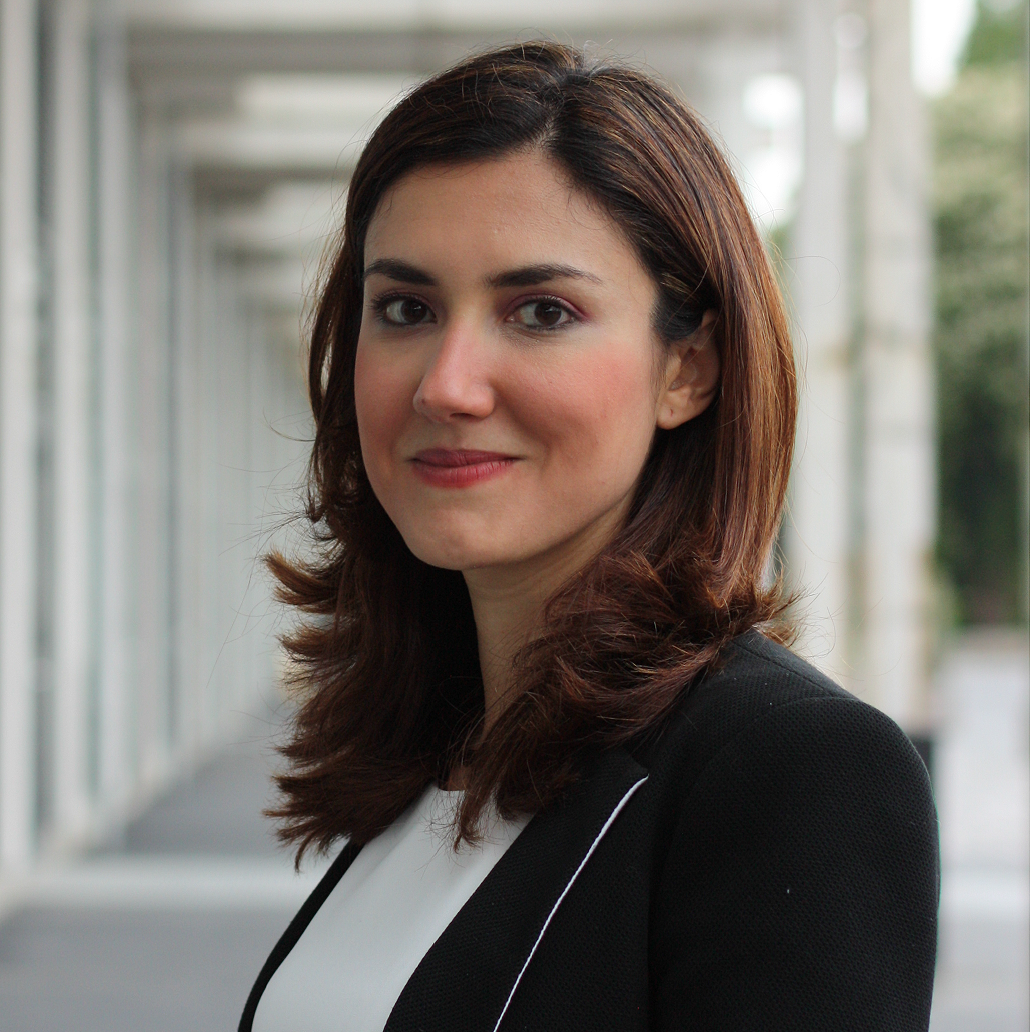< Projects

Vulnerability in the Automated State
Digital government and artifical intelligence (AI) in the public sector aim to promote efficiency, reduce bureaucracy, and improve government services. For citizens with average education, income, digital and literacy skills, automation has indeed facilitated the exercise of rights and duties before government. Faster tax-returns and responses to adjudication requests are examples of positive outcomes. However, the benefits of digitalization and automation are not equally distributed. Every year, thousands of vulnerable citizens (e.g., seniors, low-literate) fail to exercise their rights in Scandinavia because they are not always able to engage independently with digital technology. Abundant public policy and digital humanities literature has discussed similar phenomena regarding digital exclusion. However, existing rules and principles of public law do not account for administrative vulnerability in the automated state, that is, the inability to exercise rights on equal terms in a context where public services are mainly digital and human decision-makers have been partially replaced by automation. We know little about how administrative vulnerability affects the legal position of citizens, how government fails them, and how to improve it. What we know is that this problem is urgent because vulnerable citizens-including in Sweden- get lost in complex administrative procedures. Their mistakes are often regarded as potential fraud and mistakenly sanctioned as such.
The key research question of this project is: How should administrative vulnerability be accounted for in the automation of administrative decision-making procedures? With three interdisciplinary subprojects, the aim is to (1) develop a new typology of vulnerability; (2) assess how digital government impacts the legal position of citizens in Sweden; (3) identify empowerment instruments and select best practices for more inclusive digital government, drawing on insights from comparable jurisdictions (Denmark, Norway). This project’s methods include semi-structured interviews to identify key vulnerabilities experienced by citizens and comparative legal research methods to understand available empowerment instruments.
Start: 1 July 2023
End: 30 June 2028
Project type
Guest Professor Project
Universitieis and Institutes
Lund University
Tilburg University
Project members

Sofia Ranchordas
Professor
Lund University
Tilburg University

Timothy York
PhD student
Lund University

Embla Helle Nerland
PhD student
Lund University

